Welcome to Thunderdome. It is an incredible circumstance that we face today. Just a week ago, it seemed that Donald Trump was headed into the GOP convention with a degree of momentum, but also uncertainty as to his choice for the vice presidential slot and still some wavering Republicans who needed to be brought into his coalition. It seemed that Joe Biden, for as much as he had struggled through a series of meandering interviews and uneven public appearances, was going to survive the attempts to move on from his presidency on the Democratic ticket. And for all the unsteadiness of the race, most polling showed that Trump was only slightly ahead in swing states across the country, with a long ways to go until November.
The past week has changed everything. The attempted assassination of the former president gave Republicans unity and resolve. The unease of Democrats burst into the public eye, with new critics like Adam Schiff, Martin Heinrich and Jon Tester serving as stand-ins for Nancy Pelosi and Chuck Schumer in their open criticism of the president. And as Republicans emerge from Milwaukee motivated and united in every real sense, Democrats are now desperately scrabbling to push a Covid-ridden Biden from the ticket in the two weeks they have left to make a change.
For Nancy Pelosi and Chuck Schumer, this is a Scylla and Charybdis situation:
Top Democrats including US Senate Democratic leader Chuck Schumer and former House Speaker Nancy Pelosi have increased pressure on President Joe Biden to withdraw from his reelection campaign over concerns he cannot defeat Republican challenger Donald Trump, US media reported on Wednesday.
Schumer told Biden in a meeting on Saturday it would be better for the country and the Democratic Party if he ended his reelection campaign, ABC News reported.
US House Democratic leader Hakeem Jeffries has expressed similar views directly to Biden, ABC News reported, citing a source familiar with the conversation.
CNN reported on Wednesday that Pelosi, too, has told Biden polling shows he cannot defeat Trump and that the president could destroy the Democrats’ chances of winning back control of the House of Representatives.
Pelosi spoke to Biden in a recent telephone call, CNN reported, citing four sources briefed on the call. None of the sources indicated Pelosi told Biden he should leave the race, CNN said.
Biden responded by telling Pelosi he has seen polling indicating he can win, according to one CNN source.
There is enormous risk in making a change at this late date. But the risk is now clearly higher with sticking with Joe Biden and hoping things will improve. Nominating Kamala Harris is a “break glass in case of emergency” crazed-laughter situation, but she at least can walk up a set of stairs and get into a car without making people cringe in fear. Now, Democrats are preparing to make this major shift and scrambling to figure out what it means for their political battlefield:
A detailed report compiled by Democrats showing the president forecast to lose in an Electoral College landslide has sent alarm bells through the party’s leadership and led to renewed calls publicly and privately for the president to drop out.
The data, which is based on thousands of voter surveys compiled by Democratic firm Blue Rose Research and viewed by the Wall Street Journal, shows Biden losing not only all the swing states, but also behind or even in New Hampshire, Minnesota, New Mexico, Virginia and Maine. It shows the president leading by only 2.9 percentage points in New Jersey.
A major concern for Democrats up and down the ballot is the fact that half of voters, including 28 percent of those who backed Biden in 2020 and 52 percent of swing voters, think Democrats in office have been lying about the president’s mental fitness. The report says voters are likely to view Democrats’ defense of Biden as dishonest by a two-to-one margin…
West Wing aides say they have been kept in the dark about Biden’s intentions as the president’s inner circle has shrunk. But several, reached over the past twenty-four hours, are saying for the first time that Biden’s grip on power is more tenuous than ever, and it feels like the beginning of the end of his candidacy.
The view is shared by Biden allies who are detecting a new tone from the president’s inner core of aides. Steve Ricchetti, a longtime Biden advisor, initially was resistant to any polling or data showing Biden as a drag on the ticket. But in at least one recent conversation, Ricchetti has been more open and receptive to hearing a fuller assessment of the political landscape, according to a person familiar with the conversation.
Facing Kamala Harris is a completely different proposition than facing Joe Biden, in part because she has plausible deniability on a number of his decisions. She could potentially navigate the challenges of the current election by promising to build on his successes and move on from his failures. She could also represent, for a party motivated by DEI dogma, an injection of history-making optimism after a month of despair for Democrats. There are, in other words, potential upsides for this forced decision.
Yet none of those upsides will take away from the fact that this is a forced decision, where the entire Democratic machine is compelled to move on from a man who just six months ago looked like the odds-on favorite to win re-election and cement their political gains against a Republican candidate hampered by unpopularity, conviction, and a party at odds with itself. The shift has been extraordinary, and the ramifications will last far beyond November.
For more on all this, listen to our latest podcast with Matt McDonald and Amber Duke from Milwaukee.
Democrat money and resources shift to Kamala
Reality is setting in for the Democrats:
Allies of Kamala Harris are engaged in a delicate, behind-the-scenes effort to make sure the vice president moves to the top of the ticket if President Joe Biden steps aside, according to five people involved in the project or with knowledge of the discussions.
The endeavor, which has not been sanctioned by Harris or her team, has become more urgent as Joe Biden’s presidential campaign appeared to be teetering late Thursday.
The informal campaign is complicated because of how urgently Harris would need to build a political operation as well as craft a biography that makes it clear she has more to offer than her high-profile defense of reproductive rights to include other foreign and domestic issues, the people involved said. The plan is to create a set of talking points around her accomplishments to paint a more fulsome picture of a candidate.
It’s also an acknowledgment from her allies that there is still doubt within the party, including Democratic leaders, about her ability to win the presidency against former President Donald Trump. And there will be little time to, first, stop an open convention and, second, win in November.
One critical element: the money is already preparing to shift.
One Democratic donor adviser has begun collecting pledges from female Democratic donors to support Harris, while a women’s political organization has begun speaking to its donor base in an effort to ensure an initial wave of contributions to a potential Harris campaign, according to people familiar with the efforts.
These people shared information about the financial maneuverings under strict conditions of anonymity, because of Harris’s extraordinarily delicate political position as Biden’s running mate and the tensions within the Democratic Party about Biden’s future.
“What’s important is that there’s a massive show of support for her right away, which shows a signal that we’re all in for her,” said a leader of the women’s political organization granted anonymity to speak about sensitive Democratic Party planning.
The organization has begun preparing emails and messaging. Those who focus on supporting female candidates have already begun planning to help Harris with a quick show of force, with lists of donors ready, the person added. Some donors have already proactively indicated they want to give money, the person said.
Why liberals envy J.D. Vance
From Lee Siegel.
If you want to know the secret of J.D. Vance’s meteoric rise, at the age of thirty-nine, to Donald Trump’s choice for vice president should he win, just glance at some of the more overheated liberal analyses of Vance’s success. This one, published in the New York Times, is a classic: it is like the X-ray of a liberal psyche outraged by the success of people who are on the “other side”.
Titled “How Yale Propelled J.D. Vance’s Career”, it reveals that “many students and professors remember Mr. Vance as warm, personable and even charismatic. But several also said they were perplexed by what they saw as Mr. Vance’s profound ideological shift.” That’s a real head-scratcher: since when does being warm and personable have anything to do with one’s ideology? Mussolini could be warm and personable. As for charisma, well.
The article recounts, with an air of true perplexity, the conundrum of Vance and his wife, who is of Indian descent and the daughter of immigrants, “deliver[ing]- home-baked treats” to a transgender student who had just undergone, as the Times put it in smug jargon, “top surgery” as if it were an everyday procedure, like a tonsillectomy. It then quotes the student, who said they abruptly ended the friendship after Vance, as senator from Ohio, supported legislation in Arkansas that prohibited transgender care for children.
Of course, they had every right to take offence. But there is no contradiction between treating trans people with kindness, protectiveness and respect and opposing transgender treatment for children. Except in the mind of the New York Times, whose grim, sanctimonious and lucrative prosecution of #MeToo, the 1619 Project, the trans revolution, and its stigmatizing of everything from a Confederate statue in the middle of nowhere to gas stoves and gas-powered cars had as much to do with Trump’s resurrection as anything else.
After falling all over itself in 2016 to display its fair-mindedness and embracing Vance’s bestselling book, Hillbilly Elegy, as a “compassionate, discerning sociological analysis of the white underclass”, the once prestigious liberal flagship now portrays Vance as a second-rate student at an Ivy enclave ingratiating himself with one powerful figure after another.
And this, then, according to the newspaper of record, is what really made Vance the success he is today. It is the truly revealing part of the article: one of his professors, Amy Chua, herself a bestselling author, arranged a meeting for him: “Then she introduced him to her literary agent, Tina Bennett. He was off.” In other words, for the NYT, it is not Vance’s resilience, literary talent, intelligence, political instincts or his book itself that made him a political success. It was his agent, the ultra-powerful and highly effective Tina Bennett.
J.D. Vance’s intellectual journey
In The Spectator, I outline his path to the vice presidential nomination.
For someone who is not yet forty, the path J.D. Vance walked to become the next potential vice president of the United States is a long and winding journey from the holler to Silicon Valley to the halls of the US Senate. It encompasses four different names — from James Donald Bowman to James David to James Hamel to James David Vance — and movement through a variety of worlds and circumstances, with very distinct cultures and influences. If the vice presidency is itself a very boring job in the realm of politics, tasked with worthless drudgery, Vance is far more interesting than the role requires. And his intellectual journey to this point, whatever you think of his views today, is worth understanding to get the measure of a man who seemed more likely to end up in academia than in the White House.
“It’s hard to beat as the worst advice ever given,” Yuval Levin acknowledges, referencing his counsel to a young J.D. Vance against writing a memoir. The American Enterprise Institute scholar, widely respected as one of the wisest conservatives in the country, didn’t see the point of it at the time — but Vance, ever sure of himself, went ahead anyway. Hillbilly Elegy would make him a verifiable star, landing with perfect timing to serve as an explanation for confused liberals and conservatives alike about the rise of Donald Trump. But it also was coming from a voice that was decidedly anti-Trump, as the author took to stages and panels critiquing the Manhattan billionaire for all the well-known reasons: that he was a grifter selling fool’s gold to a desperate people Vance knew and loved.
It was this version of Vance who was writing for David Frum’s FrumForum, a haven for the moderate-to-liberal Republican of the day, who viewed the rise of the Tea Party as dangerous and anti-intellectual, entertaining heterodox ideas about the policy persuasions of the GOP’s coalition while espousing entitlement reform and a traditionally hawkish foreign policy. There, he wrote under the pseudonym J.D. Hamel, endorsing Jon Huntsman over Rick Perry for president as the “Truer Conservative” in 2012.
So why the shift to becoming one of Trump’s biggest advocates — and now his vice presidential nominee? Is it just built out of cynicism, or something else? In conversation with over a dozen conservative intellectuals who interacted with Vance over the past decade or more, the picture is one of near constant transition, but one that also prioritized the place from which he came.
One more thing
For some reason, the fact that J.D. Vance is a nerd who likes J.R.R. Tolkien is becoming an item of obsession for the left — cited as an example of latent white supremacy and alt-right tendencies by Rachel Maddow, and the subject of a political deep dive over at Politico. The fact that Vance expresses a love for Tolkien, C.S. Lewis and the works of the Inklings makes him a very typical Christian. But since that typology is utterly foreign to most secular writers and journalists working today, it comes across as odd and fantastical. Whatever must these luminary minds think of Jeff Bezos for funding such crypto-racist propaganda as The Rings of Power!



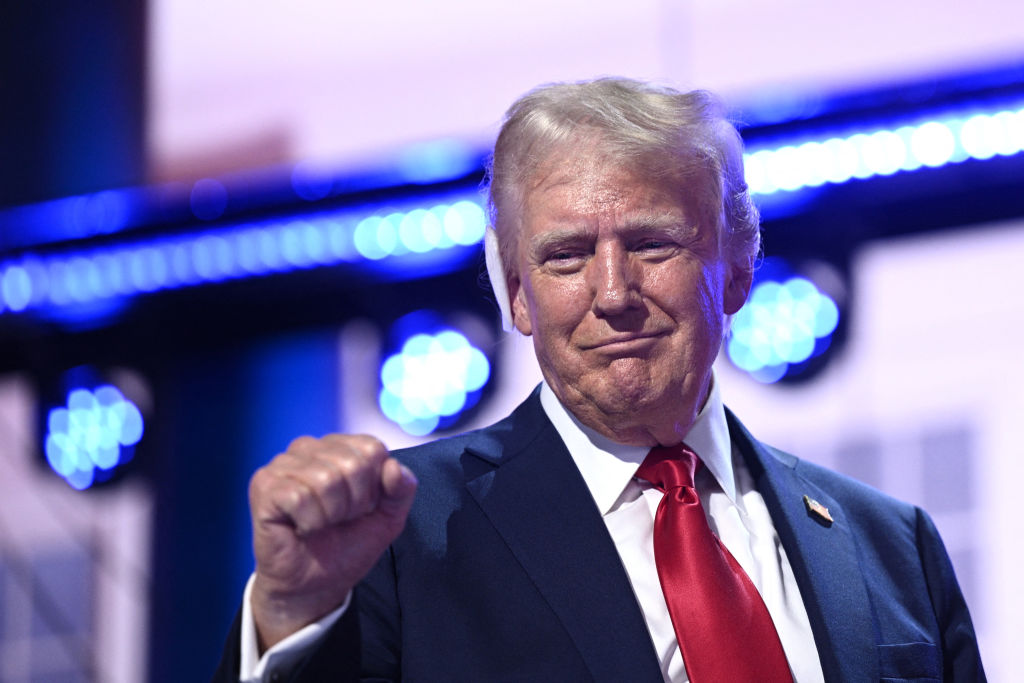






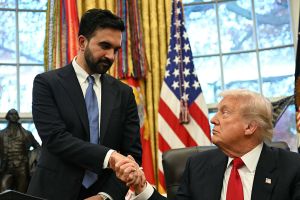

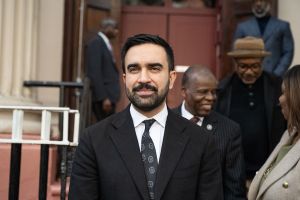

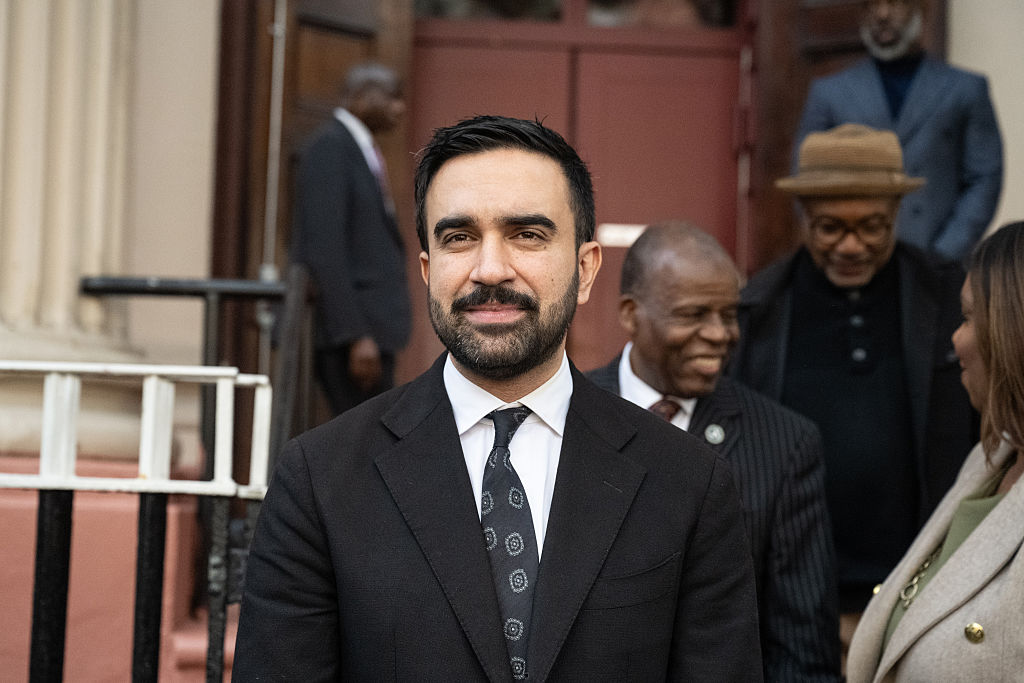



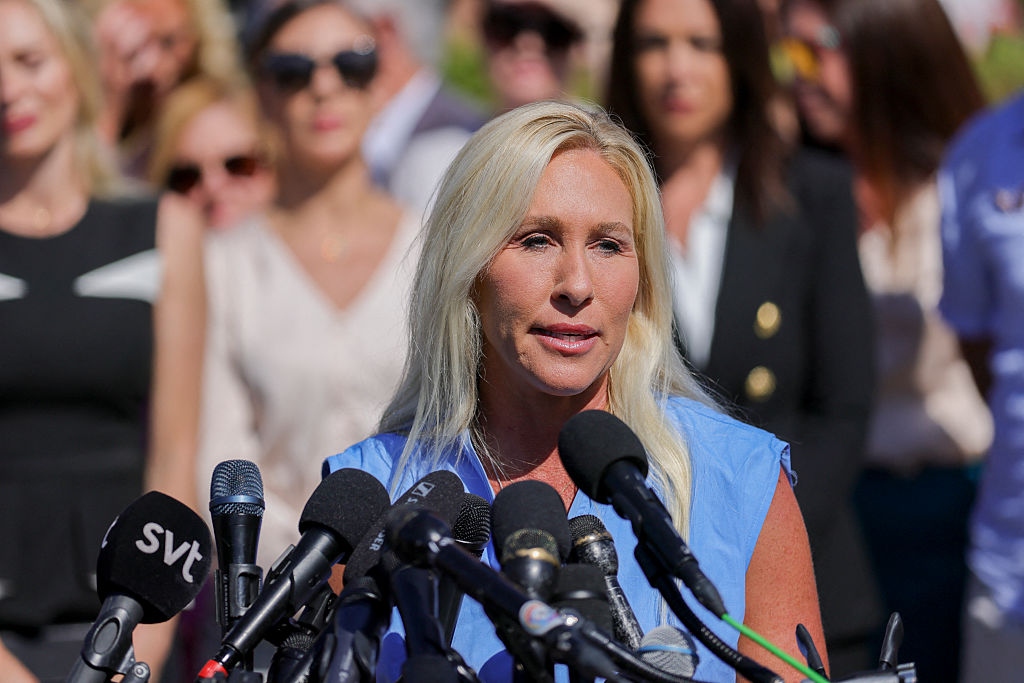







Leave a Reply